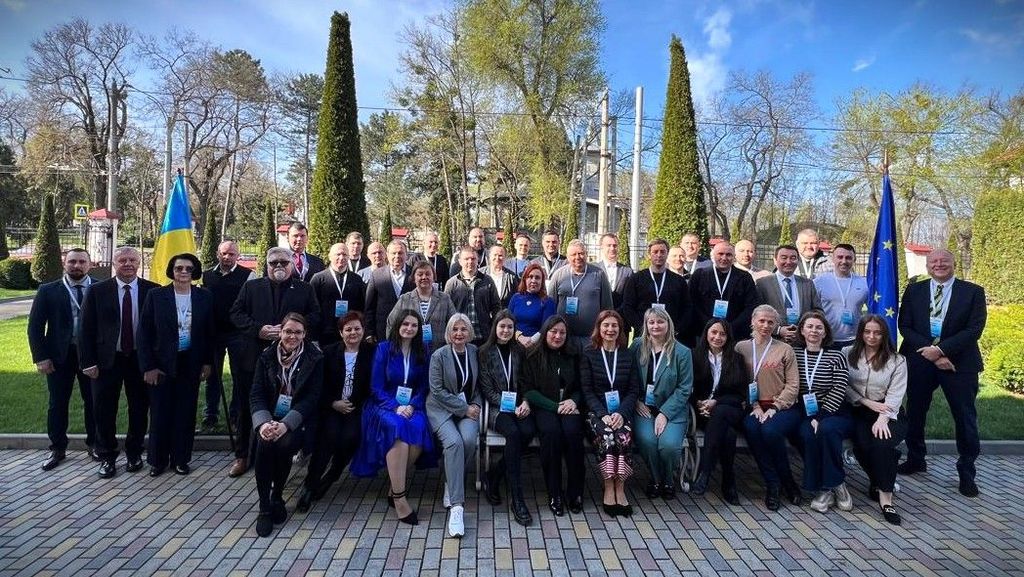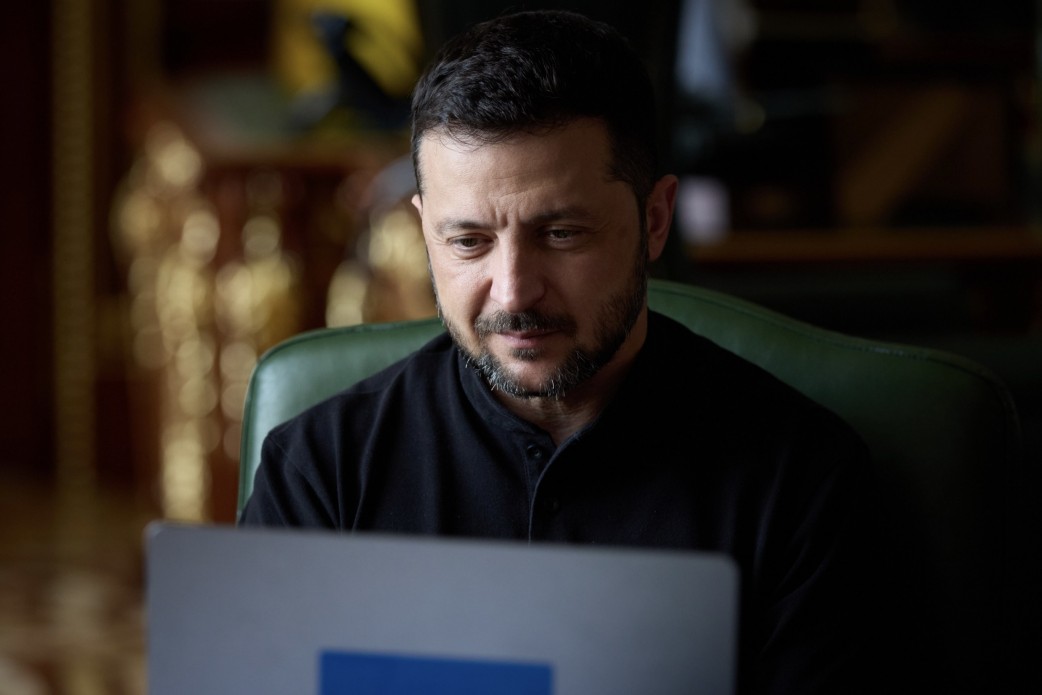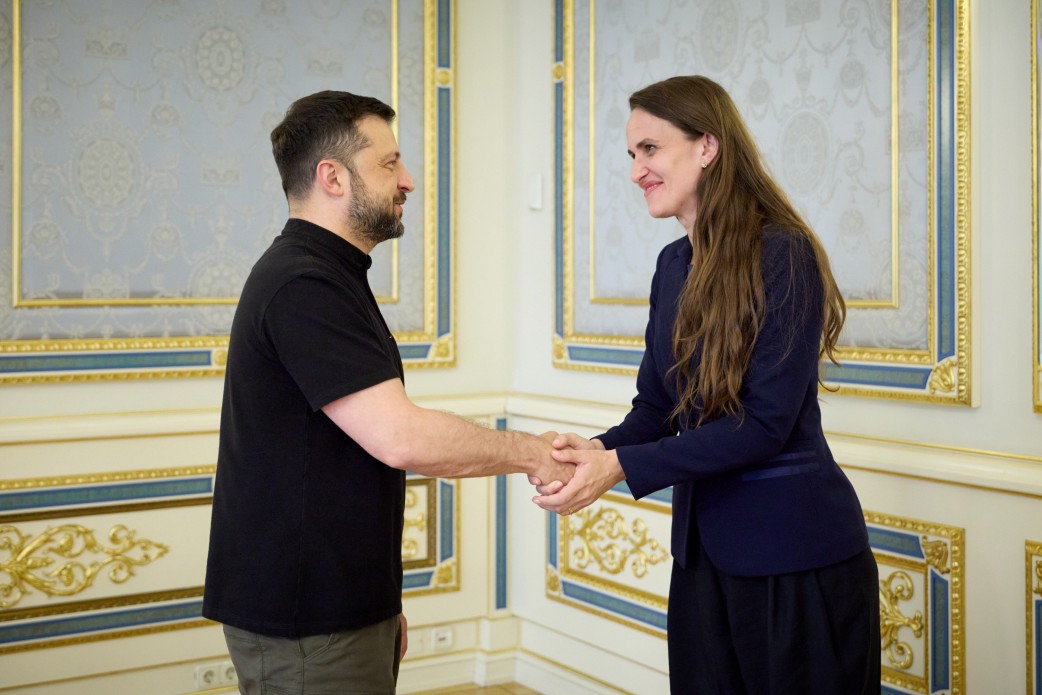Despite claims of complete chemical weapon destruction, Russia retains industrial capacities to restore and produce them.
This was highlighted by Colonel Valerii Weber, Deputy Head of the Main Department of Mine Action, Civil Protection, and Environmental Safety, during panel discussions at a seminar on the criminalization of chemical, biological, radiological, and nuclear crimes, which took place in Chișinău, Moldova.
The Ministry of Defense representative also reminded participants that, according to the General Staff of the Armed Forces of Ukraine, in March 2025, Chemical, Biological, Radiological, and Nuclear (CBRN) reconnaissance units of the Support Forces recorded 767 cases of the aggressor's use of munitions containing hazardous compounds.
"Since February 2023, Russia's use of dangerous chemical substances has become systematic; they ignore the norms and obligations of the Chemical Weapons Convention on the prohibition of the development, production, stockpiling, and use of chemical weapons and their destruction. In total, 7,730 such crimes have been recorded since then," emphasized Valerii Weber.
Seminar participants paid special attention to the norms of international and national legislation in the field of responsibility for offenses related to chemical, biological, radiological, and nuclear crimes.
The Ukrainian delegation reported that the investigation and prosecution of Russian war criminals is a priority for Ukraine's judiciary and law enforcement system.
The event, funded by the European Commission's External Action Instrument (FPI), was attended by representatives from the Office of the Prosecutor General, the Ministry of Foreign Affairs, the State Ecological Inspectorate, the State Border Guard Service, the State Emergency Service, the National Police, the National Guard, the State Nuclear Regulation Inspectorate of Ukraine, and other central government bodies and institutions of Ukraine.
The sessions were conducted by experts from the UN Interregional Crime and Justice Research Institute (UNICRI), the Organization for the Prohibition of Chemical Weapons (OPCW), the International Atomic Energy Agency (IAEA), the UN Office on Drugs and Crime (UNODC), the Biological Weapons Convention (BWC) Implementation Support Unit, the International Association of Prosecutors, and the independent research organization VERTIC.






















